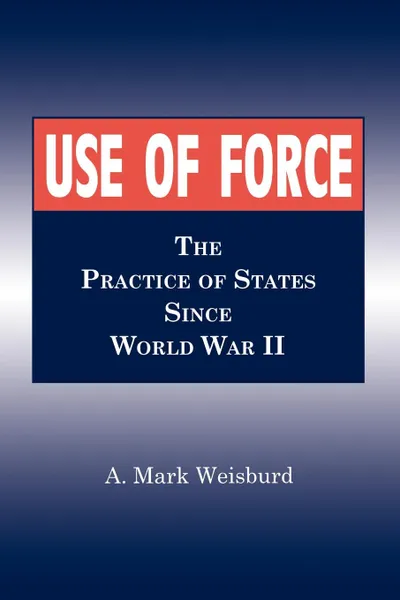Use of Force-Ppr.- Pod 12+
Автор: A. Mark Weisburd,
Arthur Mark Weisburd
416 страниц
Категория: Право
ISBN: 9780271016801
Язык: Английский
Где найти книгу?
🔖 Weisburd's work is an important contribution to our understanding of international law and politics. His case studies alone are a worthwhile contribution, and his categorization of when interstate force will be approved, sanctioned, or acquiesced in will aid both diplomats and scholars.-Perspectives in Political Science"This is an outstanding example of interdisciplinary scholarship between international law and political science. Professor Weisburd cuts through the thicket of international legal rhetoric while accepting the reality of customary international law. The result is a significant contribution to the study of post-World War II international conflicts."- Anthony D'Amato, Northwestern University This book is among the few to develop in detail the proposition that international law on the subject of interstate force is better derived from practice than from treaties. Mark Weisburd assembles here a broad body of evidence to support practice-based rules of law on the subject of force.Analyses of a particular use of force by a state against another state generally begin with the language of the Charter of the United Nations. This approach is seriously flawed, argues Weisburd. States do not, in fact, behave as the Charter requires. If the legal rule regulating the use of force is the rule of the Charter, then law is nearly irrelevant to the interstate use of force. However, treaties like the Charter are not the only source of public international law. Cust...
Мнения
